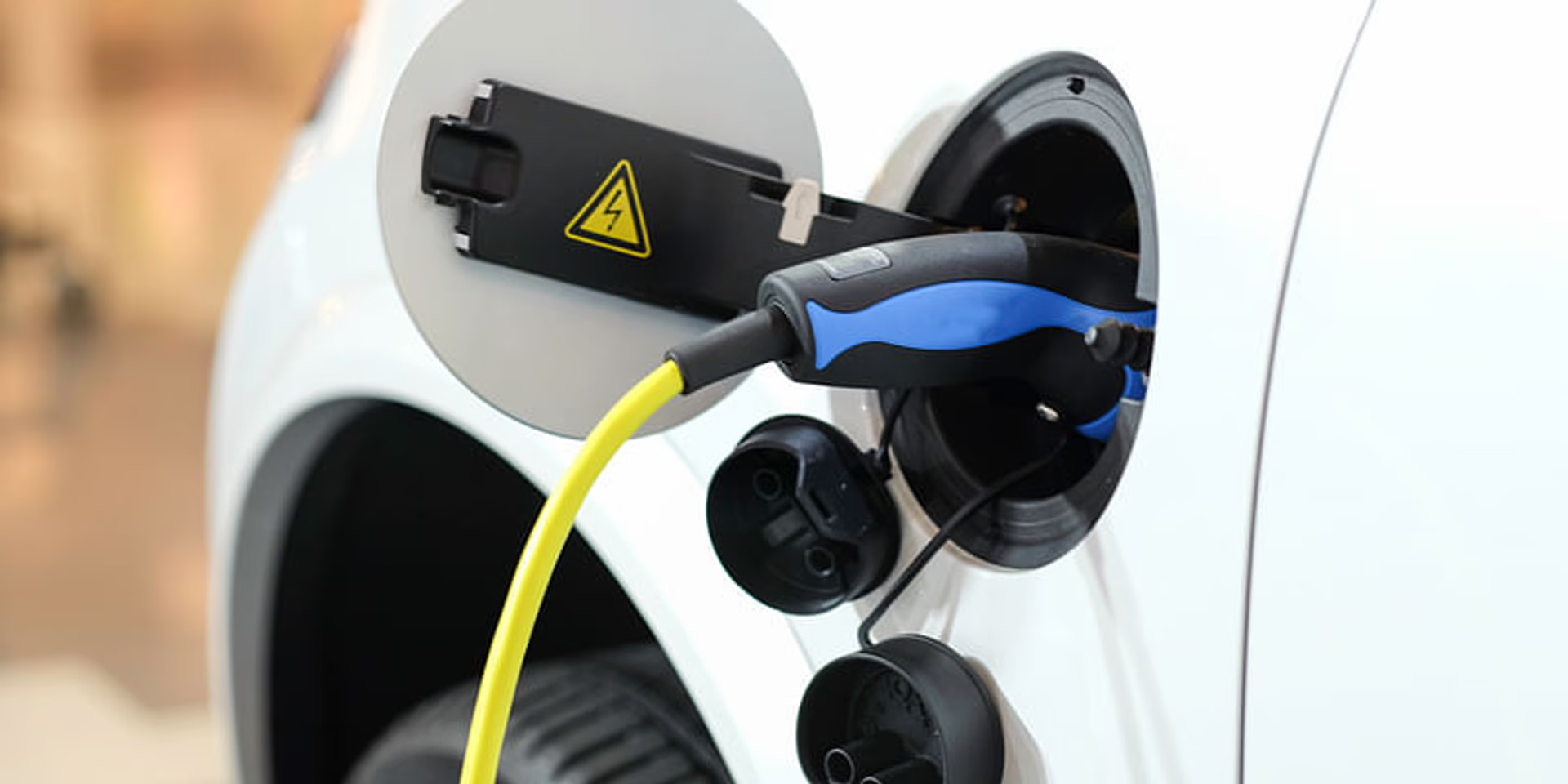NEW DELHI, Jan 16: Indian companies in the electronics, solar, and electric vehicle (EV) industries are facing significant delays and disruptions due to China’s export restrictions on essential raw materials and machinery, according to the Global Trade Research Initiative (GTRI) on Thursday.
These restrictions are speculated to be a reaction to India’s own limitations on Chinese investments and visas.
“This development highlights escalating geopolitical tensions and a potential trade war. It is hoped that the India-specific restrictions will be lifted soon, as they are likely to impact China adversely as well,” remarked Ajay Srivastava, Founder of GTRI.
He emphasized that while these measures affect India’s electronics, solar, and EV sectors, they also pose risks to China’s manufacturing and export capabilities.
“Indian companies in the electronics, solar, and EV sectors are encountering delays and disruptions as China impedes exports of inputs and machinery,” the report indicated.
India must hold firm against unreasonable demands from China while concentrating on enhancing local manufacturing processes and diversifying its supply chains, he added.
Srivastava noted that India is particularly susceptible to China’s export restrictions, given its reliance on Chinese machinery, intermediate goods, and components.
India’s imports from China rose to USD 101.73 billion in 2023-24, up from USD 98.5 billion in 2022-23. In 2020, the government mandated that countries sharing land borders with India must seek approval for investments in any sector.
Many nations, including members of ASEAN, depend on Chinese inputs to produce final goods for both domestic markets and exports.
“India must strengthen its partnerships with Japan and South Korea to procure high-quality components for electronics, solar panels, and EVs. Collaborating with these countries will aid India in reducing its dependence on China and create more resilient supply chains,” he mentioned.
With the anticipated new tariffs on China from US President-elect Donald Trump, Beijing has implemented export restrictions on essential minerals and high-tech equipment.
In 2024, China’s merchandise exports totaled USD 3.6 trillion, yielding a trade surplus of USD 992 billion.
This situation illustrates that, despite US efforts to lessen reliance on Chinese products, China continues to play a vital role in global supply chains, as highlighted by the think tank.
China is a crucial supplier of raw materials and intermediate goods to countries such as Mexico, Vietnam, and ASEAN, which then manufacture these into finished products for export to the US.
The report added that China’s current export restrictions are part of a broader strategy to retaliate against US sanctions targeting Chinese technology firms.
Measures taken by China include implementing controls on the export of gallium and germanium in August 2023, both of which are essential for solar cell production.
Additionally, in December 2024, China prohibited exports of gallium, germanium, and antimony, critical materials for semiconductors and defense technologies, explicitly targeting the US in response to Biden administration actions that limited chip-making equipment exports and blacklisted 140 Chinese companies.
In January 2025, China proposed to add lithium extraction and battery cathode technologies to its controlled export list, crucial for EV battery manufacturing. (PTI)


Leave a Reply